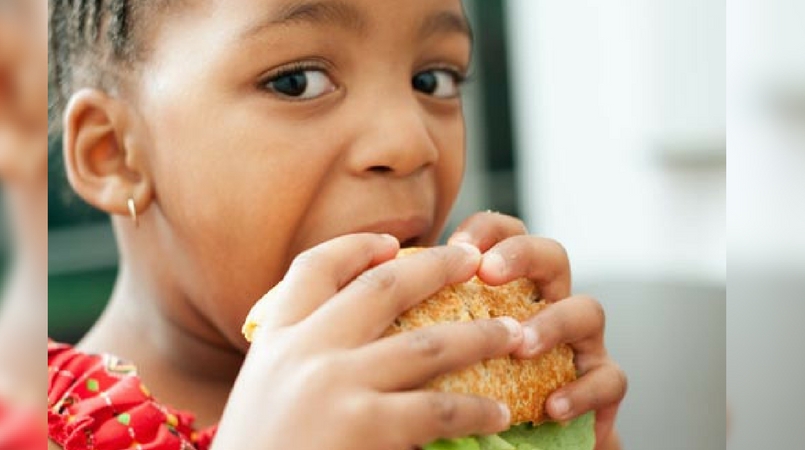
As soon as a child begins school, he is immediately swept into the fast lane. A life that will get busy as he climbs higher up the ladder.
And a busy life also means unhealthy diet and lack of sleep as they try to cope up with the homework and assignments, and added responsibilities and obligations that come with age.
As an adult in a child’s life, it is important for parents and guardians to remember that a healthy, balanced diet for children provides essential vitamins, minerals and other nutritional goodies that kids need for healthy growth and development.
For school-aged children, an Australian parenting website called Raising Children notes that at this age, your child might have a busy social life, his own pocket money to spend and some definite preferences when it comes to food. He’ll also be influenced by friends and trends, and might be eating away from home more.
The website advices that this is a great time to reinforce messages about fresh healthy foods and to model healthy eating yourself.
For example, parents can explain to their child that a healthy breakfast helps her concentrate on schoolwork and gives her lots of energy for the day. And sharing healthy meals and snacks with your school-age child can encourage her to develop a regular eating routine and make healthy food choices.
A useful tip is that when you’re packing your child’s lunch box, healthy variety is the way to go. You might include vegies, fruit, a dairy food, meat or egg, a grain.
The website also advises against ‘sometimes’ foods (sometimes called ‘discretionary’ foods) commonly sold at school canteens and markets.
These include fast food and junk food like hot chips, potato chips, dim sims, pies, burgers and takeaway pizza. They also include cakes, chocolate, lollies, biscuits, doughnuts and pastries.
These foods are high in salt, saturated fat and sugar, and low in fibre and nutrients. Many of these foods also contain bad fats that can increase the risk of childhood obesity and conditions like type-2 diabetes.
Your child should also avoid sweet drinks like fruit juice, cordials, sports drinks, flavoured waters, soft drinks and flavoured milks. Sweet drinks are high in sugar and low in nutrients. They can cause weight gain, obesity and tooth decay. These drinks fill your child up and can make her less hungry for healthy meals. And if children start on these drinks when they’re young, it can kick off an unhealthy lifelong habit.
Water is the healthiest drink for children over 12 months. It’s also the cheapest. Most tap water is fortified with fluoride for strong teeth too.
Foods and drinks with caffeine aren’t recommended for children, because caffeine stops the body from absorbing calcium well. Caffeine is also a stimulant, which means it gives children artificial energy. These foods and drinks include coffee, tea, energy drinks and chocolate.
Healthy alternatives for snacks and desserts
Encourage your child to choose snacks from the healthy food groups. This can include things like nuts, cheese, low-fat yoghurt and fresh fruit or vegetables – for example, carrot and celery sticks.
The same goes for dessert at the end of a meal. Sliced fruit or yoghurt is the healthiest option. If you want to serve something special, try homemade banana bread. Save the seriously sweet stuff, like cakes and chocolate, for special occasions like birthdays.
For more on such information, follow the link below:
http://raisingchildren.net.au/articles/healthy_food_school-aged_children.htm
